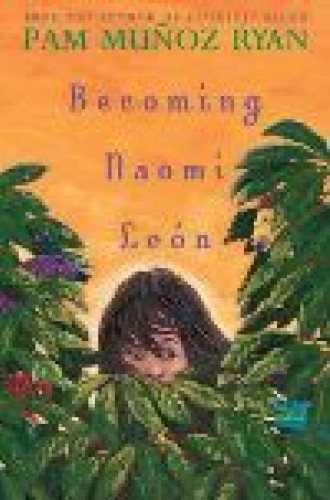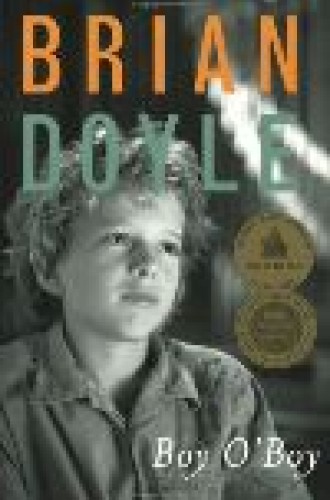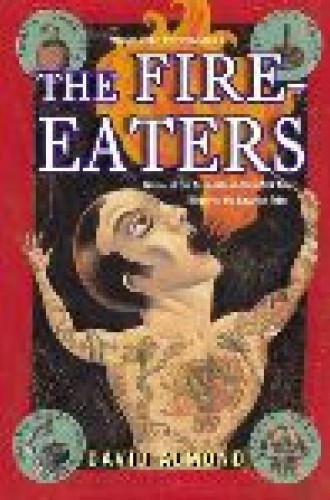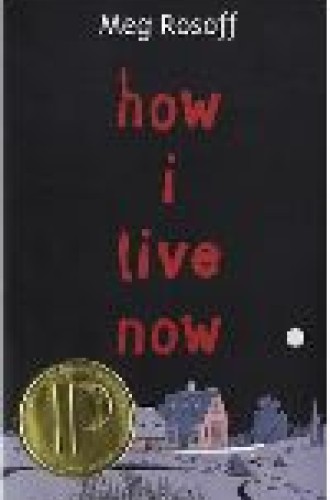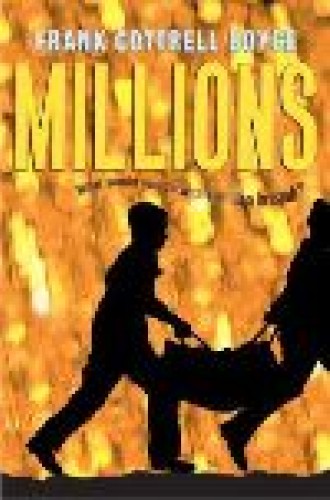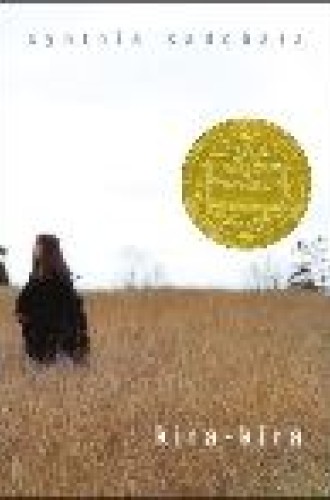CC recommends
Eleven-year-old Naomi Soledad León Outlaw and her younger brother Owen have lived for seven years in a California trailer park with their maternal great-grandmother. Until now Naomi’s most serious problem has been schoolyard teasing about her last name. That changes when her irresponsible mother attempts to kidnap the children, causing Naomi to flee with her bother and Gram in an attempt to locate their father in Mexico.
Martin O’Boy’s life in a tough Ottawa neighborhood in 1944 is full of ups and downs, but mostly downs since his beloved Granny died. Martin’s genuinely naïve, first-person observations shape a tense story about war on the home front, one family’s desperate poverty and a church musician who molests boys. The happy ending is welcome, and its exaggeration subtly underscores the comic-book heroes Martin enjoys.
Almond skillfully examines the nature of friendship, power, pain and class through his story about Bobby, a believable young teen whose developing values are tested by a teacher’s cruelty, an eccentric street performer’s witness to life, his father’s illness, and the choices his friends are making. Bobby’s story unfolds in a powerful multilayered novel set in an English village at the time of the Cuban missile crisis in 1962.
After Fortune died as a slave in 1798 in Connecticut, his bones were rendered for anatomical study. A celebrated poet was recently invited to compose a tribute to him. Nelson’s requiem poems published in this handsome volume are part of a complex project aimed at honoring Fortune’s history. Startling visual images and historical information expand an exquisite affirmation that although a body might seem to be owned, the mind and soul remain free.
The separate decisions of her older brother and sister drastically affect plucky 13-year-old Binti’s struggle to survive the fate of most AIDS orphans in Malawi today. This dramatic novel packed with cultural details was written by a Canadian who has worked in Malawi and Zambia for women’s and children’s rights.
In an astonishing work of speculative fiction, Rosoff creates a world in rural England where Daisy, a feisty, mouthy 15-year-old American girl, can get away from a stepmother she dislikes and possibly even from her own eating disorder. After an almost idyllic summer, featuring an infatuation with a cousin, Daisy’s new life disintegrates while the world is thrust into chaos. Former taboos vanish. Midst the shocking realities of war and famine Daisy becomes braver than she or anyone else could have imagined possible. The novel’s epilogue takes place after Daisy is an adult.
Everything changes after buoyant Katie Takeshima and her family move from Iowa to rural Georgia during the 1950s. Family solidarity becomes fragile as Katie’s sister Lynn becomes seriously ill with lymphoma, her parents exhaust themselves working in a chicken factory rife with labor secrets, and Katie herself begins to experience the racism from which Lynn had shielded her. Extraordinary writing discloses a dimension of American life rarely related for readers of any age.
Damien is a young specialist in Web information about saints. With his brother Anthony he inadvertently becomes part of a heist after bags of money fall from a moving train almost literally into their hands 17 days before England’s monetary system shifts to euros. A clever, hilarious spoof of consumerism and avarice parallels a serious secondary story about grief and hope as the boys attempt to spend the money before it becomes worthless.
Twelve-year-old Margaret refuses to participate in the routines of summer camp or capitulate to the hazing of cabin-mates. She’s sent to spend the summer of 1983 with two great-uncles known for the three towers they’ve constructed in their backyard. Like Konigsburg’s many other novels featuring smart, nonconforming kids, Margaret creates her own destiny within a tightly woven plot examining gentrification, outsider art, civic responsibility, family change and the nature of time.


